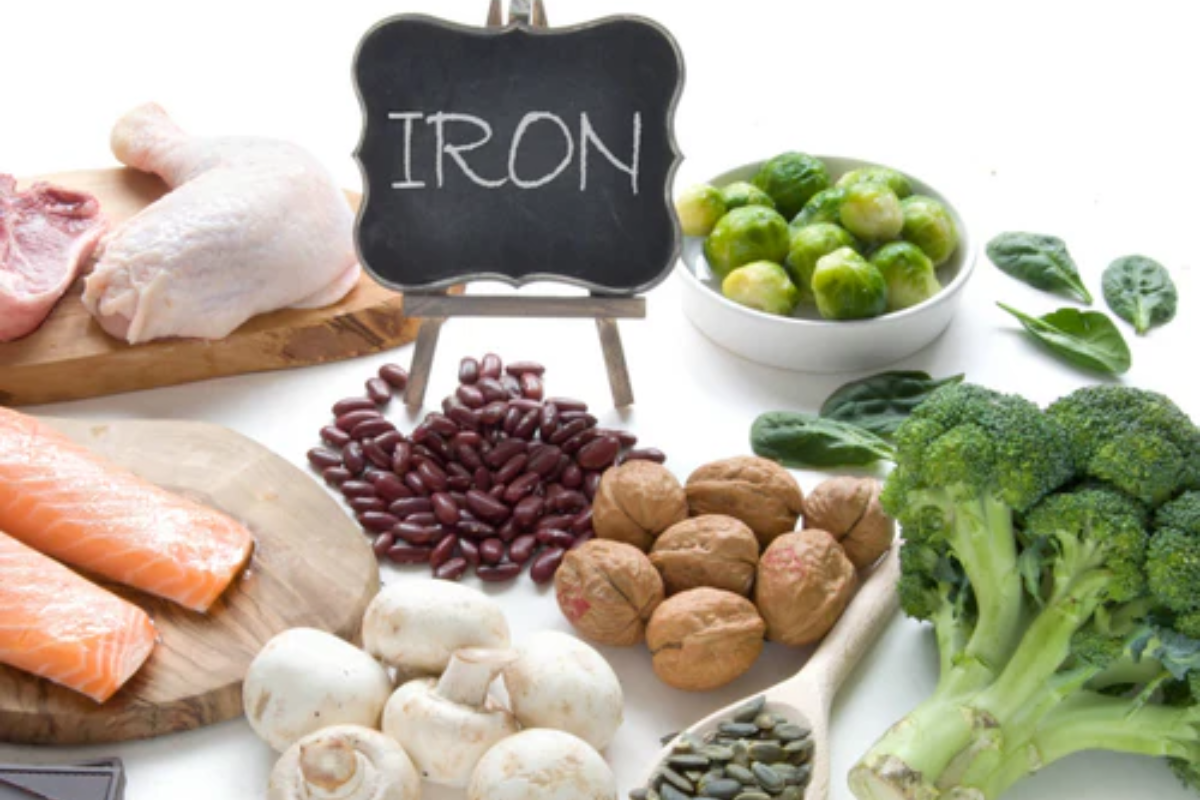
6 Common Signs of Iron Deficiency Every Woman Should Know
Are you showing signs of iron deficiency?
Iron deficiency or low iron as its more commonly known silently undermines our vitality and overall well-being. You may be feeling generally unwell, tired or run down but not actually realise that it's your low iron levels that are responsible.
Iron plays a crucial role in numerous bodily functions and is typically absorbed from your dietary intake. It is essential for maintaining normal bodily functions and producing enough haemoglobin. Without iron to make haemoglobin, your blood cannot carry oxygen around your body to vital organs effectively.
Are you Iron deficient?
Fatigue
Do you wake up from a 10-hour un-interrupted sleep, only to feel like you could just crawl back into bed for another few hours?
Or do you drag yourself around all day with no energy whatsoever and you feel like you could just curl up in a ball under the office desk?
You could be iron deficient.
Iron deficiency fatigue is often described as profound and persistent, even with adequate rest.
Numerous studies suggest that iron deficiency is one of the most common causes of chronic fatigue, affecting both physical and cognitive functions.
When your body lacks sufficient iron, it struggles to produce an adequate supply of haemoglobin. As a result, the blood is not able to be transported to your vital organs due to the lax of oxygen, which can leave you feeling constantly fatigued and very weak despite the many hours you may have slept.

Shortness of Breath
How many times have you walked up a small flight of stairs, carried groceries or completed a gentle yoga session but you feel really out of breath like you have ran a marathon?
Shortness of breath can happen when you are iron deficient.
Iron deficiency can also affect how well your muscles involved in breathing work, and how the body uses oxygen overall, making shortness of breath worse.
Feeling short of breath can really add to your already exhausted state and it can be a scary experience for some. If you feel like you are getting out of puff really easily get yourself checked out.
Fluttering heart
Do you often feel like your heart is doing weird things and beating out of your chest? this maybe heart palpitations, it's the strangest feeling.
Heart palpitations can happen when you don't have enough iron in your body and as a result your heart has to work harder. This can lead to feelings of fluttering (palpitations) or an irregular heartbeat. If you are experiencing heart palpitations along with other signs of iron deficiency, like tiredness or shortness of breath, you should talk to your doctor.
Pale Skin and Pale Conjunctiva (lower pinky flesh parts of eyes)
Have you ever looked in the mirror and looking back at you is an unhealthy, grey washed out version of you?
A decrease in haemoglobin results in paleness of the skin and inner lower eyes (Conjunctiva).
The presence of hemoglobin is what gives blood its rich characteristic red color. Therefore, when levels are not optimal this can lead to a considerable paler and washed out appearance in both the skin and the conjunctiva.
These changes in skin and eye coloration serve as visible indicators of your iron levels. Having an understanding of the relationship between hemoglobin levels, skin and eye coloration can provide valuable insights into one's health and well-being.
Weakness
When you don't have enough iron, you might feel weak and find it difficult to do anything. Even showering or cooking a dinner could really impact you because you feel so weak.
That's because iron helps your body make energy to keep your muscles working. Think of it like fuel for your body's engine. Without enough iron, your body struggles to produce this fuel, so you might feel tired and weak. It's like trying to run a car with low fuel—it just doesn't work as well as it should.
Moreover, the weakness associated with iron deficiency is often widespread and may affect multiple muscle groups throughout the body. It's not limited to a specific area or muscle, but rather it's a generalised sense of fatigue and weakness that permeates your entire body. You feel absolutely worn out all of the time which makes you miserable and un-motivated.
Brittle Nails and Hair Loss
Curvy edged, weird shaped, thin nails with raised ridges are all signs of Iron deficiency. Your nails may become brittle, soft and always breaking. Your once beautifully curated strong nails are no more as Iron deficiency takes hold.
If you are noticing your normally healthy luscious locks of hair are looking rather limp, dull and snapping off, it could be due to iron deficiency.
Iron helps carry oxygen to the hair follicles, this keeps the hair growing nice and healthy. When you don't have enough iron, the hair follicles don't get enough oxygen and nutrients, which can make you hair weaker and eventually lead to hair loss.
If you are experiencing any of these symptoms you may be Iron deficient, so, we bet you are wondering, how do you fix it?
In order to fix it you need to understand what causes it.
Iron deficiency typically results from three main factors.
Inadequate intake of iron-rich foods
Your body can't produce iron on its own; it relies on getting iron from the food you eat. When you don't consume enough foods that are rich in iron, your body doesn't get the iron it needs to function properly.
Foods such as can help to boost your iron intake and support overall health:
Red meat (such as beef, lamb, and pork)
Poultry (such as chicken and turkey)
Fish (such as salmon, tuna, and sardines)
Shellfish (such as oysters, clams, and mussels)
Organ meats (such as liver and kidneys)
Beans and lentils (such as chickpeas, kidney beans, and lentils)
Tofu and tempeh
Eggs
Nuts and seeds (such as almonds, cashews, pumpkin seeds, and sesame seeds)
Fortified cereals and breads
Dark leafy greens (such as spinach, kale, and Swiss chard)
Dried fruits (such as apricots, raisins, and prunes)

Difficulty absorbing iron
When you eat food with iron, your stomach and intestines absorb it into your body. Certain health conditions, like celiac disease, can make it harder for your body to absorb iron from food. Also, if you've had surgery on your stomach, it might affect how much iron your body can take in. Even if you eat foods rich in iron, your body might not be able to absorb enough of it if you have these conditions or had stomach surgery.
Blood loss
This is particularly impacting for women of all ages. When you lose blood due to heavy periods, experience childbirth or some gynaecological issues, you will also lose vital iron because it's carried in your blood.
Heavy periods are one of the most common reasons for losing too much blood.
Other reasons for blood loss can include bleeding in your stomach or intestines, which might happen because of;
Taking certain medications like aspirin or anti-inflammatory drugs
Ulcers
Polyps in your bowel
Cancer
Blood loss from surgery
Certain gut conditions like inflammatory bowel disease
How is iron deficiency diagnosed?
To determine if you have iron deficiency, a simple blood test and consult with your doctor is a good place to start. Other tests may be necessary to identify the underlying cause of the iron deficiency. Your doctor may refer you to a specialist for further evaluation if required.
How to treat Iron deficiency using a holistic approach
Shielding ourselves from the grasp of iron deficiency and treating it holistically involves a diverse approach that addresses not only the symptoms but also the underlying cause.
Dietary adjustments
It is essential to consume a balanced diet full of iron rich foods such as lean meats, poultry, fish, beans, lentils, tofu, spinach, and fortified cereals can help replenish iron levels naturally.
Additionally, incorporating foods high in vitamin C, such as citrus fruits, strawberries, and capsicums, can help to enhance iron absorption.
Lifestyle changes
Getting adequate sleep, stress management techniques, such as mindfulness, meditation, yoga, float baths, and regular physical activity can positively contribute to improved energy levels and overall vitality.
Some herbal remedies like beef liver or traditional over the counter medicines and practices may also complement conventional treatments for iron deficiency, providing additional support and promoting holistic wellbeing.
Moreover, addressing underlying factors contributing to iron deficiency, such as stomach issues or chronic medical conditions, is crucial for long-term management. By using these holistic strategies and working collaboratively with healthcare professionals, you will start to overcome iron deficiency and start living your life again.
Introducing supplements
There are so many supplements out there on the market to help reverse iron deficiency which may make it difficult for you to know which ones are right for you. Do your own research to find out what may work for you and your needs, if you get stuck reach out to your doctor who knows you best.
Something to consider when taking Iron supplements.
You should take your iron supplements with a drink containing Vitamin C such as a glass or fresh orange juice.
Vitamin C is important to take with iron because it enhances the absorption of iron in the body. When consumed together, vitamin C helps convert non-heme iron, which is the form of iron found in plant-based foods and iron supplements, into a more absorbable form. This improves the body's ability to take in iron from the digestive tract into the body's bloodstream. Therefore, pairing iron rich foods or supplements with sources of vitamin C, such as citrus fruits can significantly enhance iron absorption, making it more effective in addressing iron deficiency and supporting overall health.
The way you take iron supplements is important for several reasons and not just for absorption.
Fewer Side Effects
Taking iron supplements with food can help reduce common side effects such as nausea or stomach upset. This is because food can help buffer the stomach and minimize irritation.
Avoiding Interactions
Like with anything, when you start taking new medications or supplements this comes with advice or precautions that you need to be mindful of when consuming certain foods, drinks or other medications. This can interfere with how your body absorbs iron, affecting its effectiveness in addressing iron deficiency. For example, consuming calcium rich foods or taking antacids at the same time as iron supplements can hinder the absorption of iron in your body.
Similarly, antacids, which are commonly used to relieve heartburn or indigestion, can decrease stomach acid levels, impairing the absorption of iron. As a result, taking these substances together with iron supplements may reduce the overall effectiveness of the supplements in increasing your body's iron levels. It's important to be mindful of these interactions and avoid consuming calcium-rich foods or antacids close to the time when you take iron supplements.
Consistent Dosage
If you adopt the approach of taking your supplements whenever you remember, then you are never going to get on top of your flailing iron levels.
Taking iron supplements regularly as directed helps maintain stable iron levels in your body. Consistency ensures that your body receives a steady supply of iron to support vital functions.
Effective Treatment
Following and sticking to the instructions will increases the likelihood of achieving desired treatment outcomes, boosting iron levels and alleviating symptoms of iron deficiency.
As we age, we often can't get enough of the essential vitamins and minerals we need to function at our best from diet alone. It's not only iron supplements that you can benefit from.
Introducing supplements into your daily routine can help to transform the way you feel and inject some of that lost vitality back into your life!
There is nothing more depressing than not feeling your best as you drag yourself around all day on zero energy, which is why we created Metabolism and Energy Superblend!
Not only does our best seller pack a punch when it comes to giving your energy levels that natural boost, but it can also help you burn calories, curb unhealthy sugar cravings and reduce your appetite, so much goodness in one product.
So, whether you are feeling like death, looking like death, are suffering with fatigue or your hair is falling out please know, you are not alone.
You will see the light at the end of the tunnel, you just need to make the first step and confirm that you may be iron deficient. Then you can start working on getting your health back on track and living a healthier happier life!


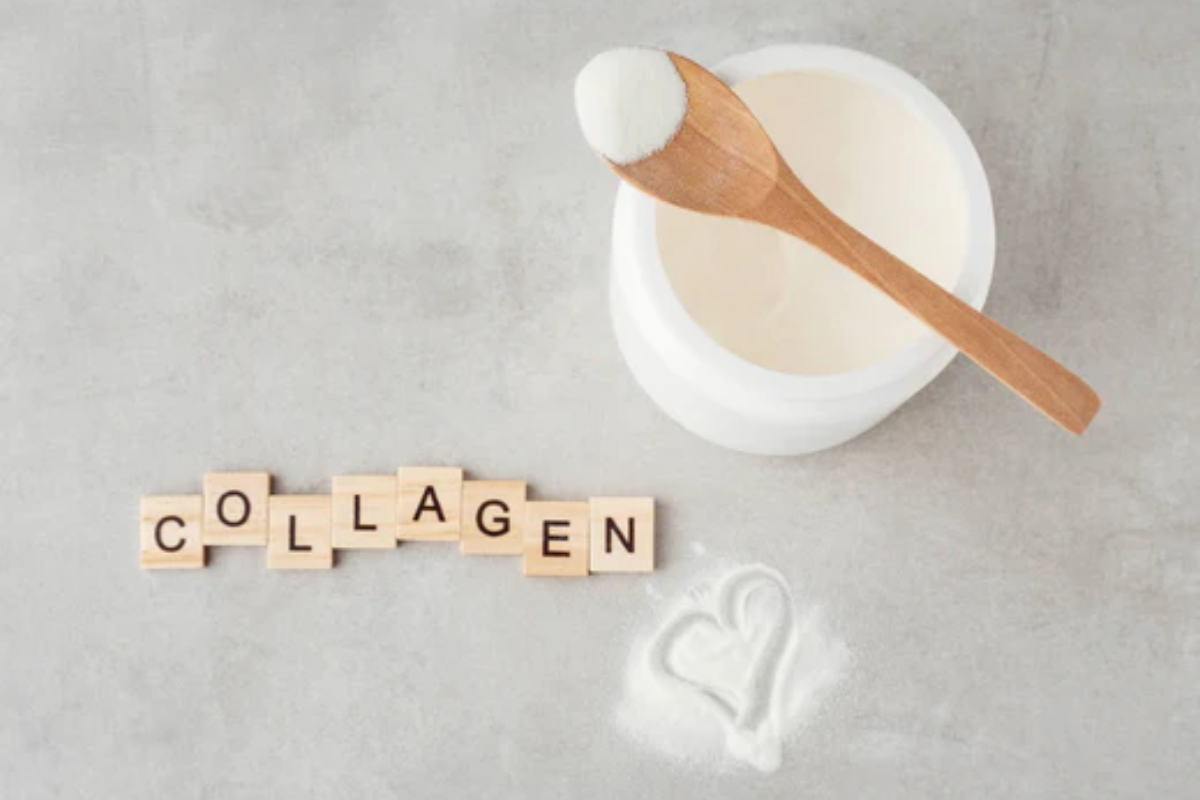
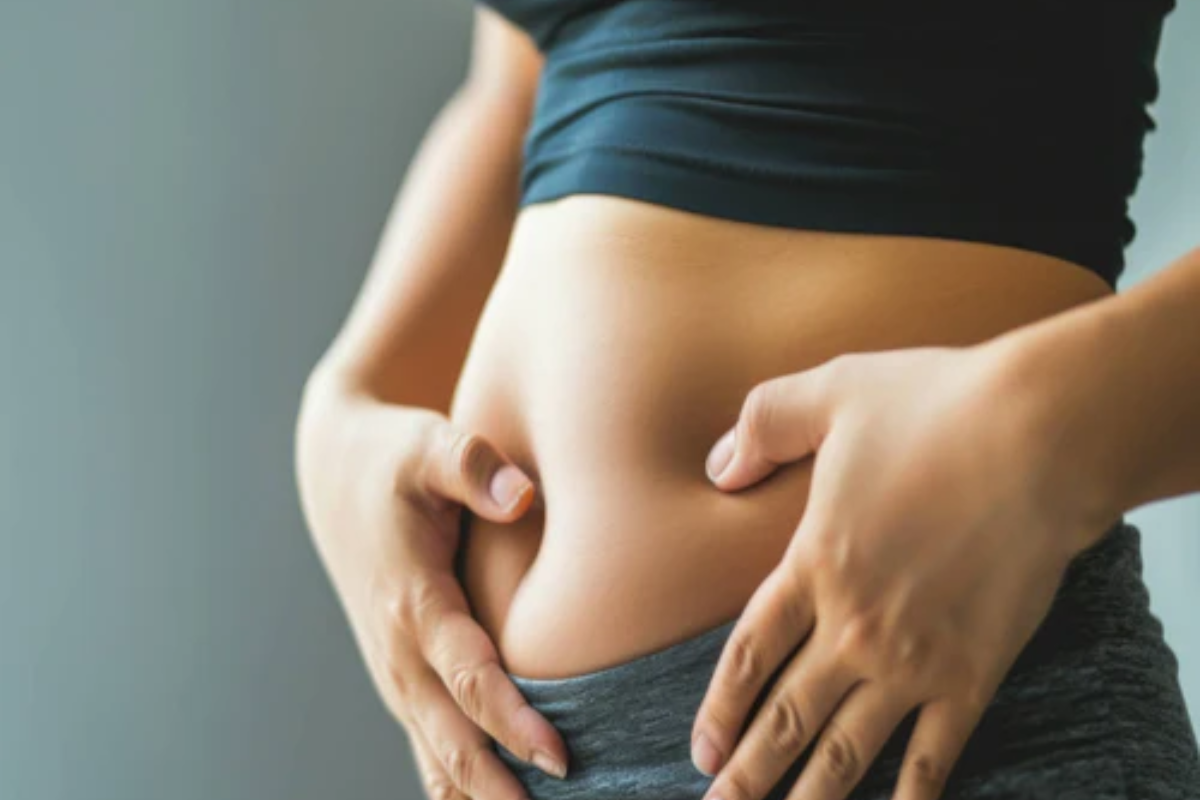
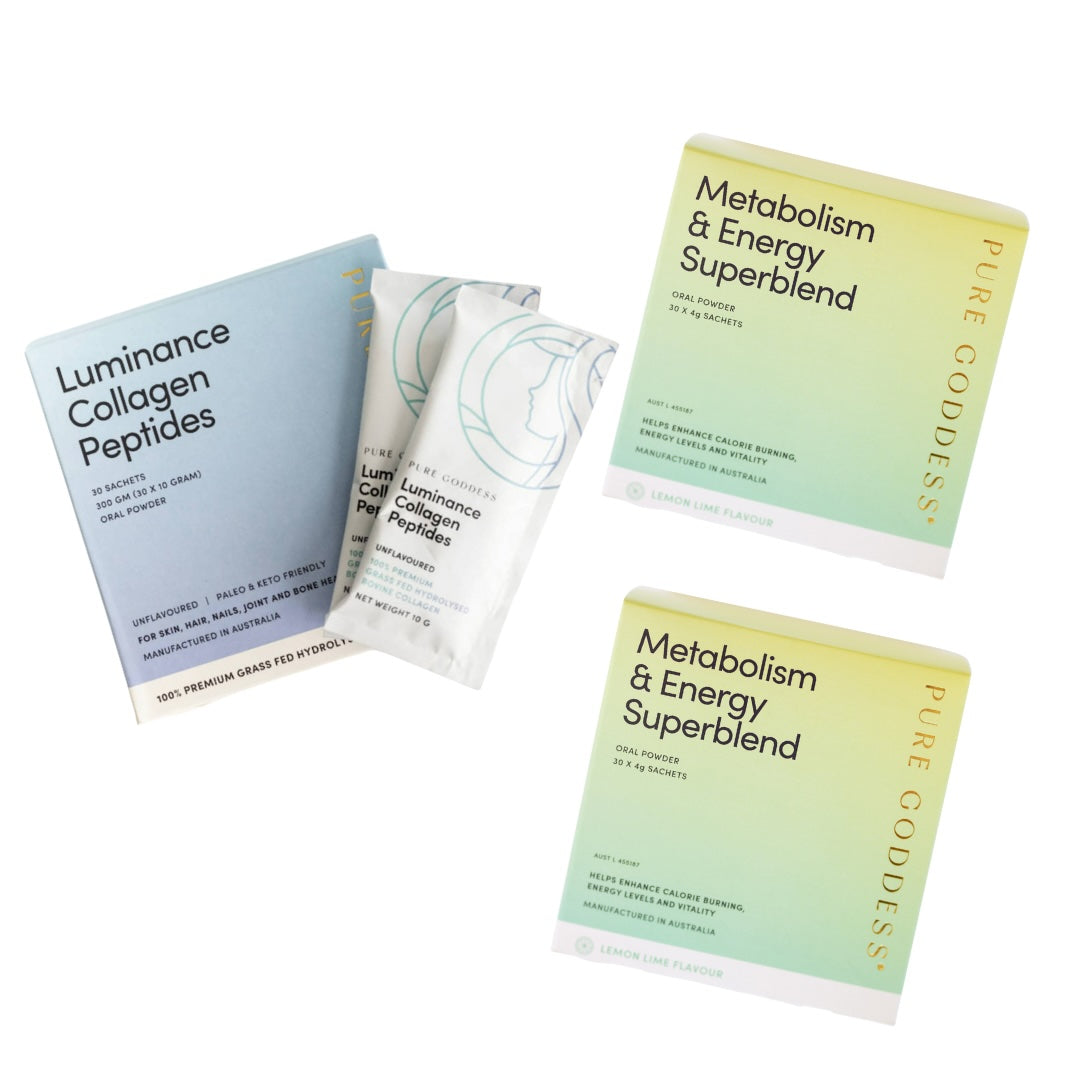
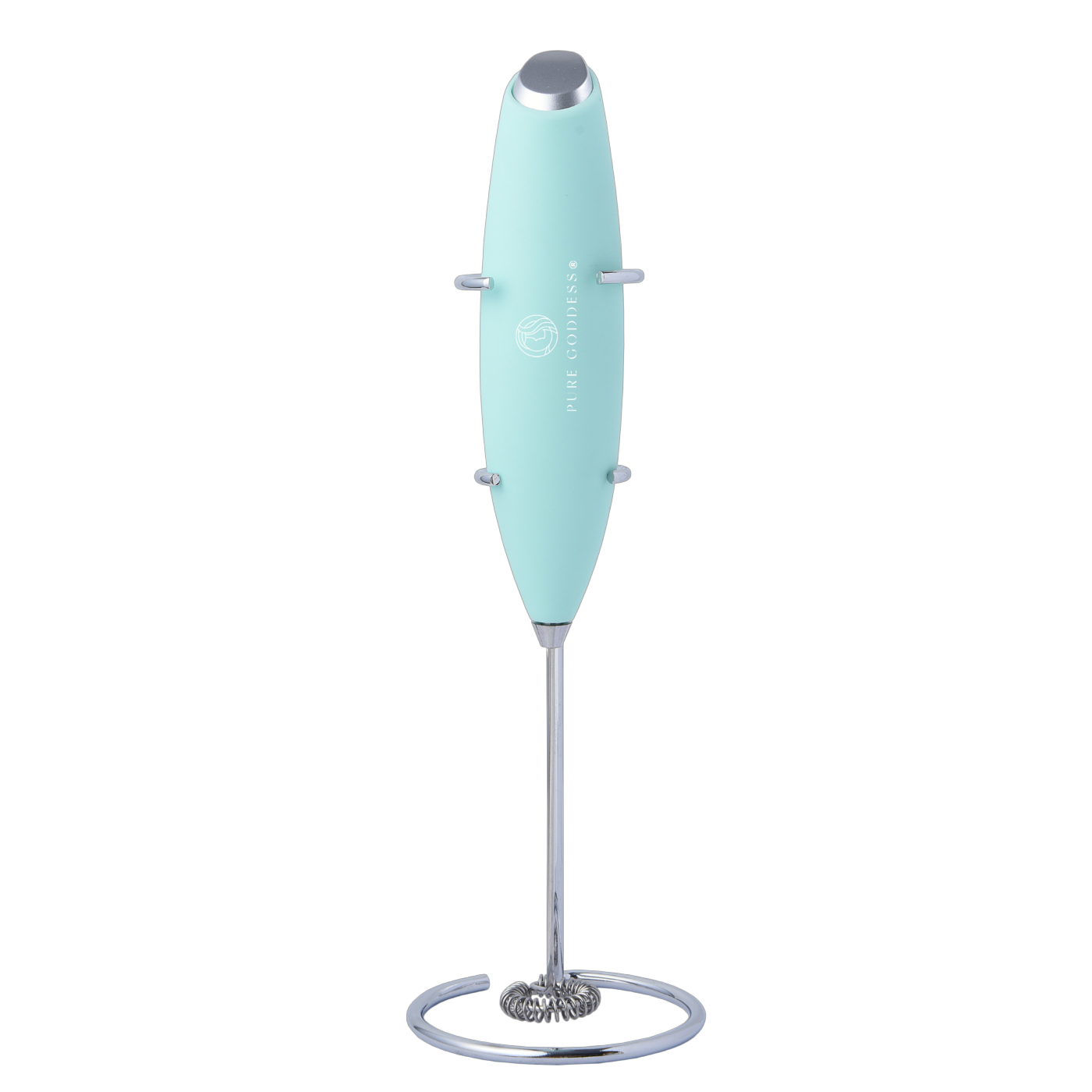
4 comments
i have low iron need help. The feeling i have is spot on can you a supplement that helps many thanks
DAVID corlett
Excellent advise so useful when your feeling CRAP and have low 🥦🥦
Helen Dianne Smith
I am scheduled to have an iron infusion tomorrow, as my recent blood tests showed that I was so low in iron that supplements were not going to sufficiently increase my iron levels. I have been experiencing the numerous symptoms that are mentioned above so thank-you for the validation. I look forward to getting my energy levels back and my motivation so that I can go back to delivering the best of me to my family, work colleagues and especially my lovely, elderly clients. Thanks for the article!
Fernanda Smith
Good advice. I found it useful. Good to know how to blend taking medication and iron and what matches.
Julie Bryce
Leave a comment
This site is protected by hCaptcha and the hCaptcha Privacy Policy and Terms of Service apply.